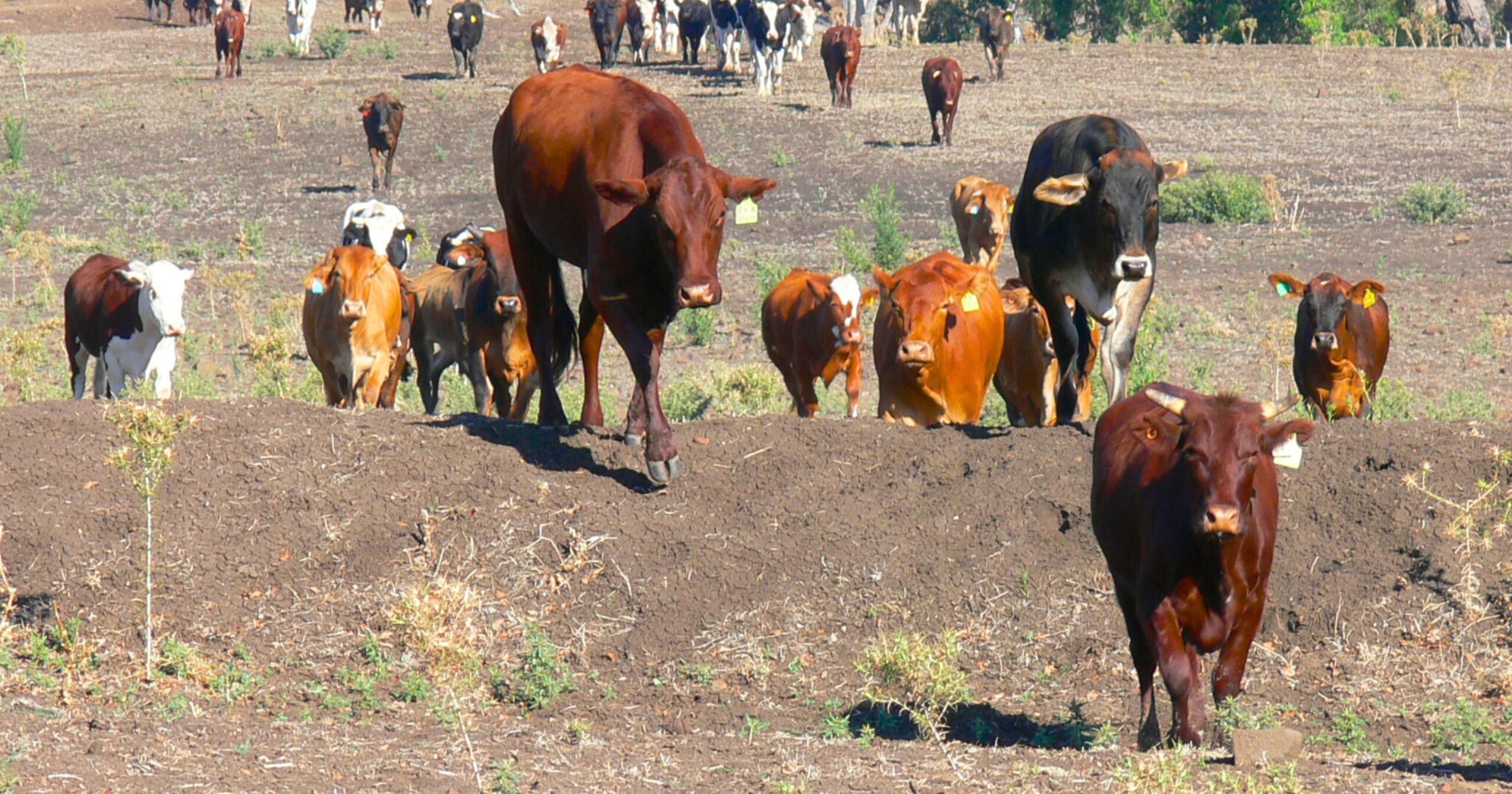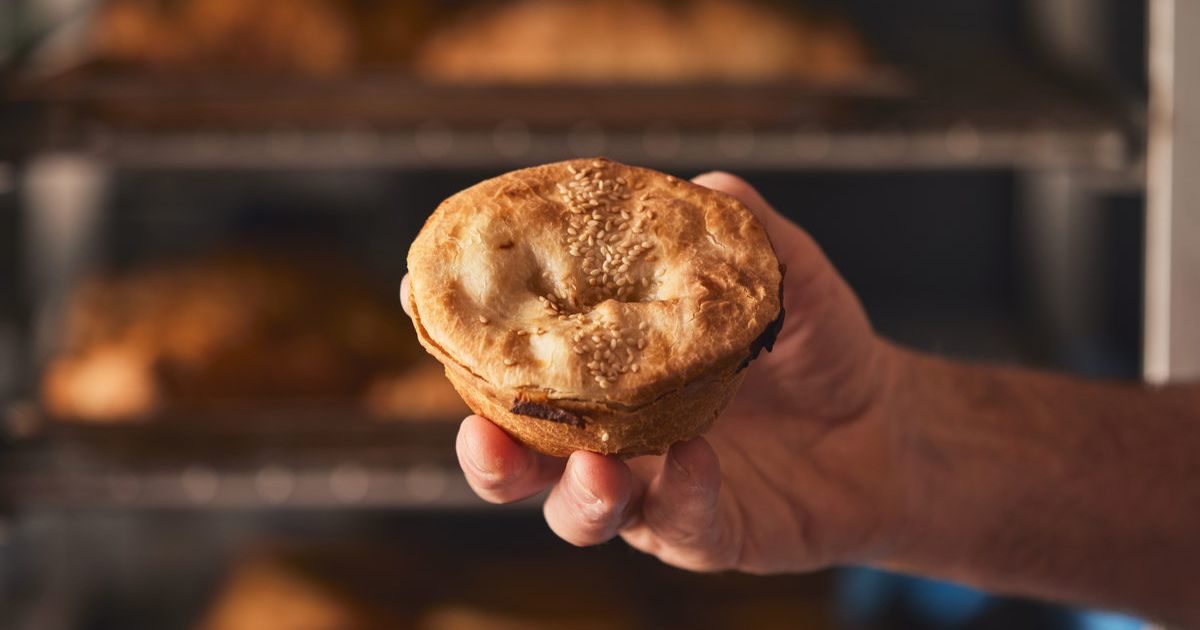Concern over biosecurity levy
A levy set to be introduced next year has drawn outrage from the Federal Opposition, which says the levy will drive up cost-of-living pressures and risk a decline in productivity.
Leader of The Nationals and Shadow Agriculture Minister David Littleproud said new research shows the Biosecurity Protection Levy – what the Opposition calls a “fresh food tax” – needs to be axed.
In a worrying sign for industry, Mr Littleproud said, the research found levies introduced in the agriculture sector, to raise funds to benefit producers, were now being imposed to simply raise general tax revenue.
“The Productivity Commission’s findings confirms what The Nationals have been saying since Labor’s first Budget – that Labor’s biosecurity levy, or their new tax on fresh food and farmers, is not a good way to fund biosecurity and industry doesn’t like it,” Mr Littleproud said.
“The Commission gave eight warning signs to the Biosecurity Protection Levy relating to other sectors benefitting, free-riding, the absence of a cost-benefit analysis, the levy not being imposed on an efficient tax base, not having widespread industry support, levy payers unlikely to monitor and influence, how the levy proceeds are used and that levy payers will not be able to vote to continue or discontinue the levy.”
The new biosecurity levy comes into effect on July 1 2024, and will force farmers to pay for the biosecurity risks of international importers from other countries.
“All farmers will be impacted by Labor’s new tax, which will be passed onto families and push up the price of fresh food even more,” Mr Littleproud said.
“This tax is also a handbrake on productivity and will hurt the agriculture industry. The Nationals, as part of a Coalition Government, will stop Labor’s new fresh food tax, in order to protect and support our farmers, while also helping to ease financial pressures on families.
“A future Coalition Government will ensure Labor’s fresh food tax is scrapped – we will not pass on $153 million in costs over three years, to make farmers pay for the biosecurity risks of our own foreign competitors. Instead of taxing Australian farmers, we will establish an ‘importer container levy’, as recommended by the independent Craik Biosecurity review. Under our plan, importers of foreign products will pay for the biosecurity risk they pose – not Australian farmers.”
But Minister for Agriculture, Fisheries and Forestry Murray Watt says the levy is “modest”, and will “lock in a fair system to pay for biosecurity that shares the cost, with taxpayers, risk creators and beneficiaries of the system all contributing”.
“To help meet the costs of sustainably funding our biosecurity system, we will be introducing a small Biosecurity Protection Levy on agricultural producers from July 1 2024, amounting to an additional 10% of existing levies. It would translate to only 50 cents a head for cattle producers and one fifth of a cent per kilogram of apples or 7 cents a tonne of sugarcane,” Mr Watt said.
“It will mean that producers will contribute 6 per cent of overall funding for the biosecurity system that is so important to their livelihoods.
“Despite consistent review recommendations and calls from farm leaders, the former Coalition Government failed to deliver the sustainable biosecurity funding model we need.”



















